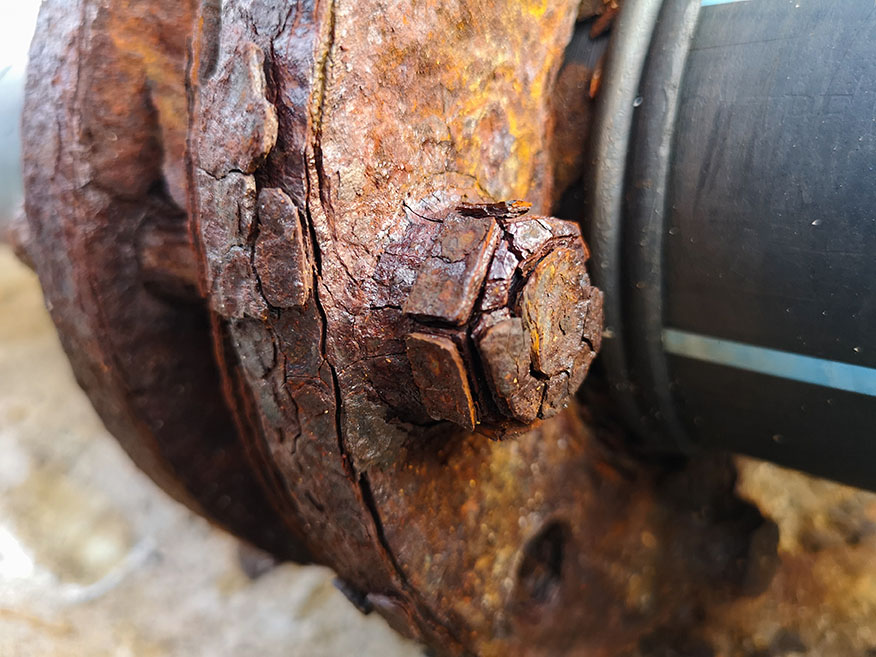

Corrosion is a complex process that can be caused by a variety of factors, including:
The type of corrosion that occurs depends on the specific factors that are present. For example, if there is a lot of water and oxygen present, then the metal will likely rust. If there are acids or bases present, then the metal may corrode in a different way.
Corrosion can have a significant impact on the lifespan of materials. For example, if a metal bridge is not properly protected from corrosion, then it may eventually collapse. Corrosion can also be a major economic problem. For example, the cost of corrosion in the United States is estimated to be billions of dollars each year.
There are a number of ways to prevent corrosion, including:
Corrosion is a complex process, but it is important to understand the basics in order to prevent it. By understanding the factors that cause corrosion, we can take steps to protect our materials and prevent costly damage.
The corrosive chemicals damaged the metal surface.

Noun: corrosion.
Adjective: corrosive.
Verb: corrode.
Adverb: corrosively.
Pronoun: corrosion.
The word "corrosion" comes from the Latin word "corrōdere," which means "to gnaw away." The root word "roder" means "to gnaw," and it is also the root of the word "rodent." So, something that is corrosive is something that gnaw away at a material, like a rodent gnawing on a piece of wood.
What materials corrode?
Question:
Define corrosion and briefly explain its impact on metal structures.
Answer:
Corrosion Definition: Corrosion is the gradual deterioration of metals caused by chemical reactions with the environment, especially in the presence of moisture and oxygen.
Corrosion can weaken metal structures, leading to reduced strength, aesthetic degradation, possible leakage, and increased maintenance costs. Protective measures like coatings and regular maintenance are essential to prolong the lifespan of metal structures.
Address
Developing Experts Limited
Exchange Street Buildings
35-37 Exchange Street
Norwich
NR2 1DP
UK
Phone
01603 273515
Email
hello@developingexperts.com
Copyright 2025 Developing Experts, All rights reserved.